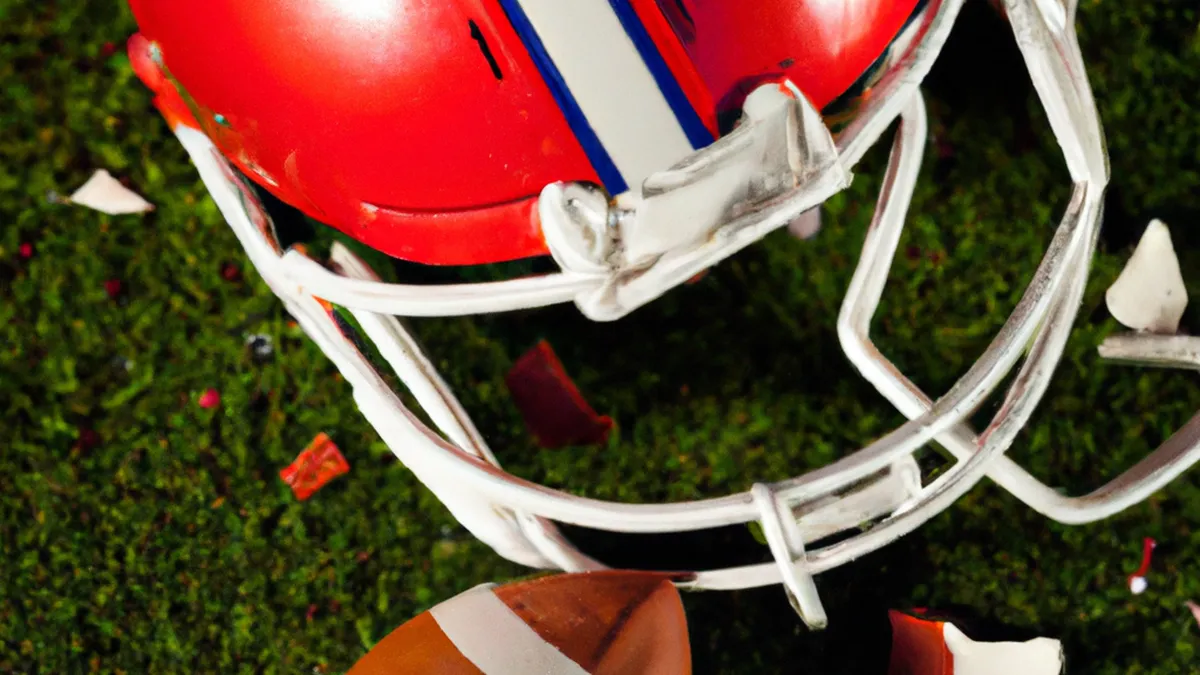Nootropics: Boosting Mental Edge in Sports
Evaluating the Effects of Nootropics on Cognitive Function in Sports
As an Amazon Associate I earn from qualifying purchases.
Gear tip: consider protein powder, shaker bottle and electrolyte mix to support this workout.
Athletes constantly seek ways to enhance their performance. While physical training remains essential, cognitive function significantly impacts an athlete’s performance under pressure. Nootropics can help in this area. These substances may enhance cognitive abilities, and athletes increasingly use them to improve mental clarity, focus, and decision-making. But how effective are these substances? This article explores the effects of nootropics on cognitive function in sports, along with their benefits and risks.
Understanding Nootropics
Nootropics, also known as “smart drugs,” may improve cognitive functions like memory, creativity, and motivation. They include both natural compounds and synthetic drugs. Common nootropics include caffeine, L-theanine, racetams, and modafinil. Athletes use these substances to boost mental acuity and manage mental fatigue and stress during competition.
Nootropics modulate neurotransmitter activity in the brain. For example, caffeine increases dopamine and norepinephrine levels, enhancing alertness and reducing perceived effort. Understanding how these substances work helps athletes make informed choices.
Tips for Choosing Nootropics
Selecting the right nootropic can be challenging due to the many options available. Here are essential tips for athletes:
1. Research the Effects
Before trying any nootropic, conduct thorough research. Investigate studies on specific nootropics’ effects on cognitive function and sports performance. Seek empirical evidence, dosage recommendations, and potential side effects. This knowledge empowers athletes to make informed decisions based on science.
2. Consult a Professional
Always consult a healthcare professional before starting any supplement regimen. Doctors, sports nutritionists, or registered dietitians can provide personalized advice based on the athlete’s health profile and performance goals. This step is crucial since some nootropics may interact with other medications or health conditions.
3. Start Slow and Monitor
If an athlete decides to try a nootropic, they should start with a low dose and increase it gradually. Monitoring their response is essential. Keeping a journal to track cognitive performance, mood, and side effects aids in evaluating the nootropic’s impact. This self-awareness helps athletes find the right balance for optimal performance enhancement.
Benefits of Nootropics in Sports
Nootropics offer several potential advantages for athletes seeking cognitive improvement.
Conclusion
In summary, nootropics may enhance cognitive function, but athletes should research, consult professionals, and monitor their effects carefully.
Below are related products based on this post:
FAQ
What are nootropics and how do they affect cognitive function in athletes?
Nootropics, often referred to as “smart drugs,” are substances that may enhance cognitive functions such as memory, creativity, and motivation. They can be natural compounds or synthetic drugs. For athletes, nootropics can improve mental clarity, focus, and decision-making, which are crucial during competition. By modulating neurotransmitter activity in the brain, nootropics like caffeine can increase alertness and reduce perceived effort, potentially enhancing overall performance.
What should athletes consider before using nootropics?
Athletes should conduct thorough research on the specific nootropics they are considering, looking into empirical studies regarding their effects, dosage recommendations, and potential side effects. Consulting a healthcare professional is also essential, as they can provide personalized advice and ensure that the chosen nootropic does not interact negatively with any existing medications or health conditions.
How can athletes effectively monitor their response to nootropics?
When trying a nootropic, athletes should start with a low dose and gradually increase it while closely monitoring their response. Keeping a journal to track cognitive performance, mood, and any side effects can help in evaluating the impact of the nootropic. This self-awareness enables athletes to find the right balance for optimal cognitive enhancement and performance improvement.















Post Comment